“Today we are not celebrating our individual achievements but also our collective journey that we have undertaken towards fostering stronger relationships and understanding. “ —Ms. Kartika Pertiwi from Indonesia.
On March 20, 2024, 92 Fellows from 31 locations around the world completed the Comprehensive Security Cooperation (CSC) course 24-1 at the Daniel K. Inouye Asia-Pacific Center for Security Studies.
Dr. Miemie Winn Byrd and Dr. Ethan Allen served as faculty leads for the 5-week course, which enhances the capacity of regional allies, partners, and others to comprehend and cooperatively address complex security challenges in the Indo-Pacific region.
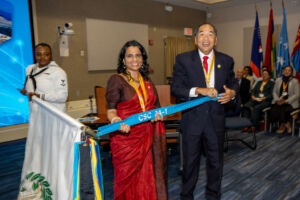
Ms. Irosha Cooray, Nepal/ South Asian Association for Regional Cooperation (SAARC), presents the CSC24-1 class streamer to DKI APCSS Director Pete Gumataotao.
Beyond whole-class plenary lectures, CSC draws on the diverse perspectives, skills, and experiences of the multinational course Fellows, particularly in small-group seminars – along with a range of exercises, games, quizzes, and electives – to provide interactive educational opportunities and experiential learning. Course content about this large, diverse region encompasses both traditional and non-traditional security issues and challenges and cooperative mechanisms that exist to address these complex and often intractable security matters. Learning goals include not only the acquisition of knowledge on strategic competition and security cooperation but also the application of critical thinking; analyzing the nexus among ideas, people, agencies, and fields; challenging assumptions via exposure to perspectives from different sectors, disciplines, and cultures; promoting life-long learning; and aligning with the values of mutual respect, transparency, and inclusion.
During the course, Fellows participated in one of the three Concentration tracks offered during the course: Cybersecurity, Economics and Security, and the inaugural track on Understanding China. These concentrations serve as specialty areas that Fellows can use to further build their knowledge and expertise.
Speaking for the Fellows during the commencement ceremony was Ms. Kartika Pertiwi from Indonesia. In her emotional speech, she shared her personal story. She comes from a family background deeply rooted in service. “They showed me the true value of hard work, loyalty, honor, and sacrifice. And that security is not something that we can take for granted,” said Ms. Pertiwi.
“I have spent almost 15 years in the cyber security agency trying my best to serve my beloved country. Unfortunately, Cybersecurity is a field where gender stereotypes still prevail. In the world of cybersecurity, being a woman presents a unique set of challenges. It is a field dominated by men where breaking through biases and stereotypes requires not just skill but also resilience and determination. Yet, here I stand today in the room with you all. In the same room with many outstanding women. As a testament that that barrier can be broken through dedication and by believing in yourself.”
She further stated that “the complexity of modern challenges in cyber security and in the world transcends borders and ideologies in an interconnected world. No single action, no single nation can combat this threat alone. Cooperation is not just another option.
“It is a necessity, but cooperation often requires us to face discomfort, acknowledging our biases, challenging our perspective, or navigating our cultural differences. I believe that growth occurs where empathy flourishes, where seeds of trust are sown, and where bridges are built.”
“Cooperation is not easy, she continued. “If you want to have trust, we need to be curious and open-minded. We need to open ourselves to new people, new ideas, new ways of thinking about the issues in our world.
“When we open ourselves, sometimes we get deceived and or taken advantage of. But if that happens and we surrender, then we lose to our fear… fear is our natural response to uncertainty. Courage is not the absence of fear. It is the ability to confront and to overcome fear during the time we spent here together at APCSS, I can see how we all have been battling our own fears, our limitations, and our biases.
“But by working together and encouraging each other, we all found better ways to work on overcoming our concerns, our shortcomings, our preconceptions.”
The course team included two returning alumni, Dr. Mimi Fabe from the Philippines National Police College& Dr. Nur Surayya Mohd Saudi from Malaysia. They were invited back to the Center as visiting seminar leaders. According to Dr. Byrd, “They have played an important role in strengthening our faculty team. Their passion, intellect, and unwavering commitment have been truly inspiring for us.”
Dr. Fabe is an alum of two virtual courses, the Indo-Pacific Orientation Course and the Maritime Security Cooperation course, both held in 2021 during the height of COVID.
According to Dr. Fabe, “The CSCS 24-1 course enables us to interact with other security leaders in other countries and enables me to also determine their perspectives on a wide range of security issues. Honolulu, Hawaii, is a very fantastic place to be. The venue itself is a learning experience. APCSS is the best learning environment for a security practitioner like me. Learning from the best faculty roster and also from colleagues from different parts of the region.”
“I would say as part of ASEAN as a diplomat of ASEAN, the networks I’m building are stronger and long-lasting,” continued Dr. Fabe. “We develop deep friendships and an openness and a higher level of understanding of the situation of other countries.”
The next CSC course will be held in May 2024.


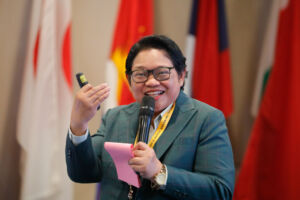
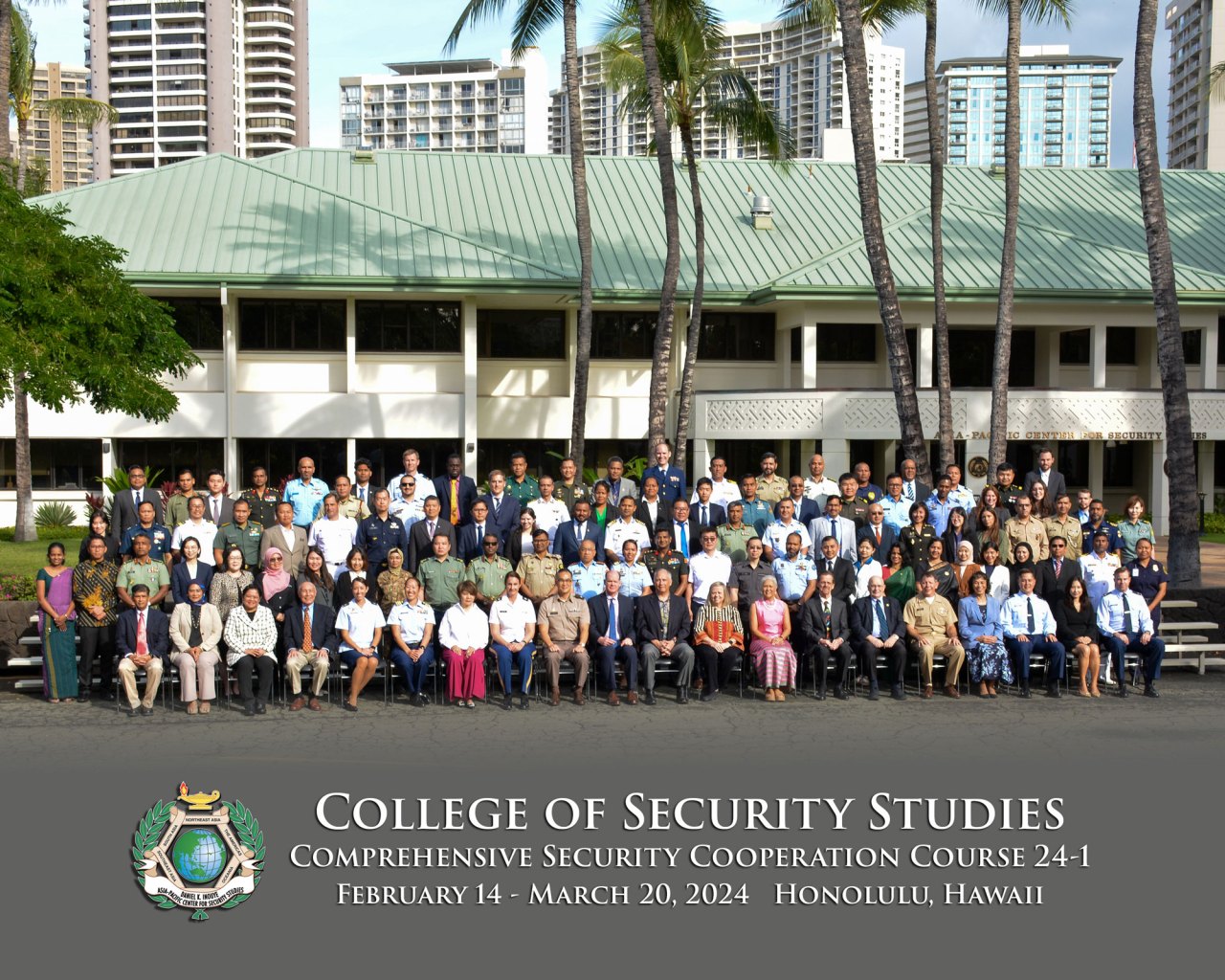
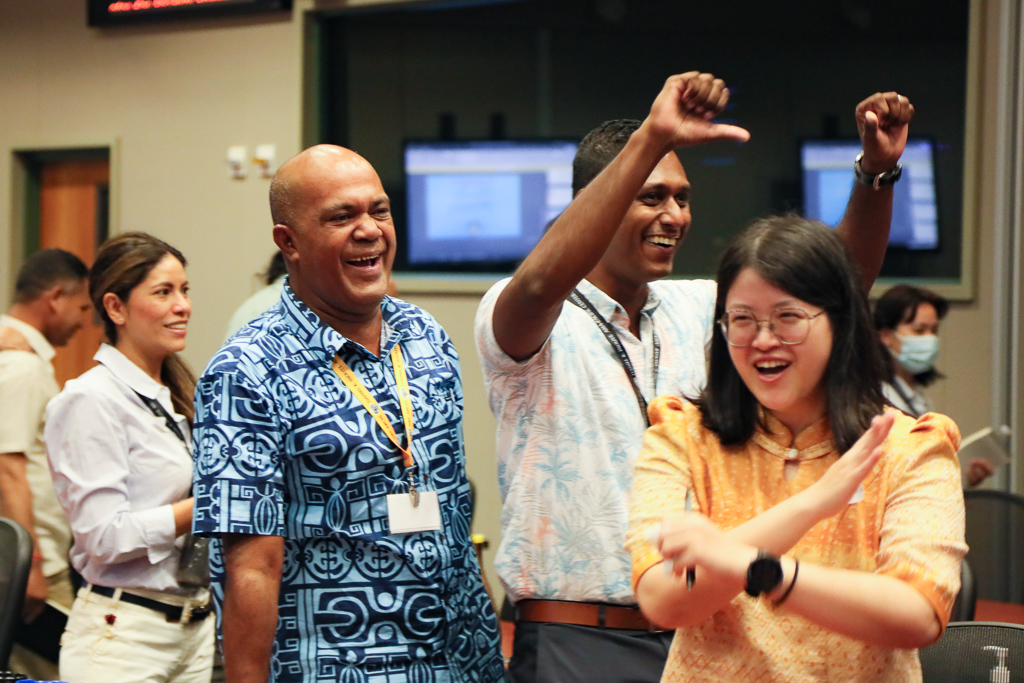
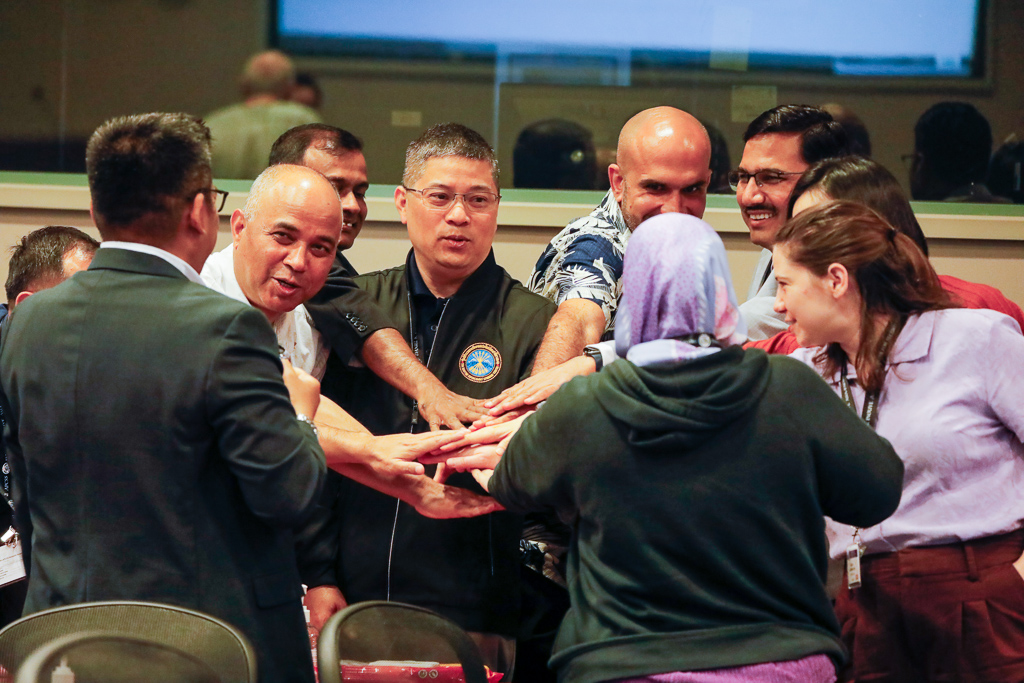
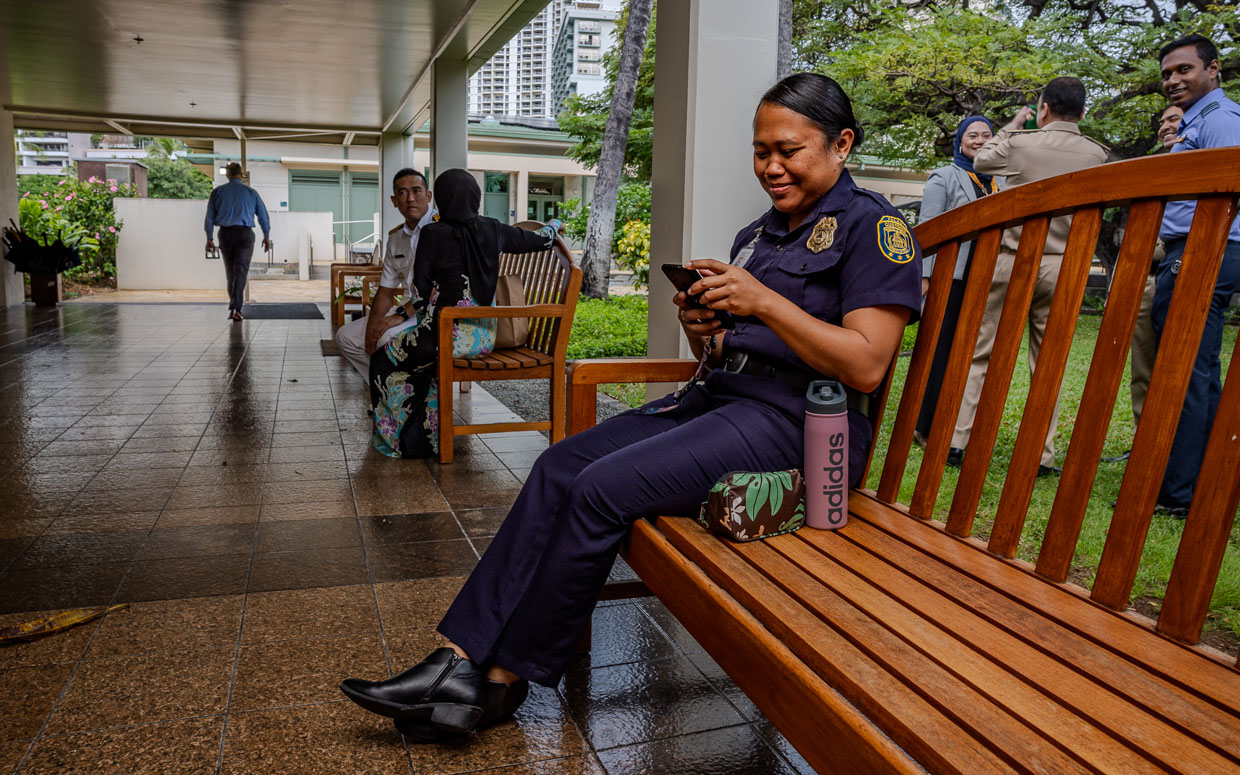
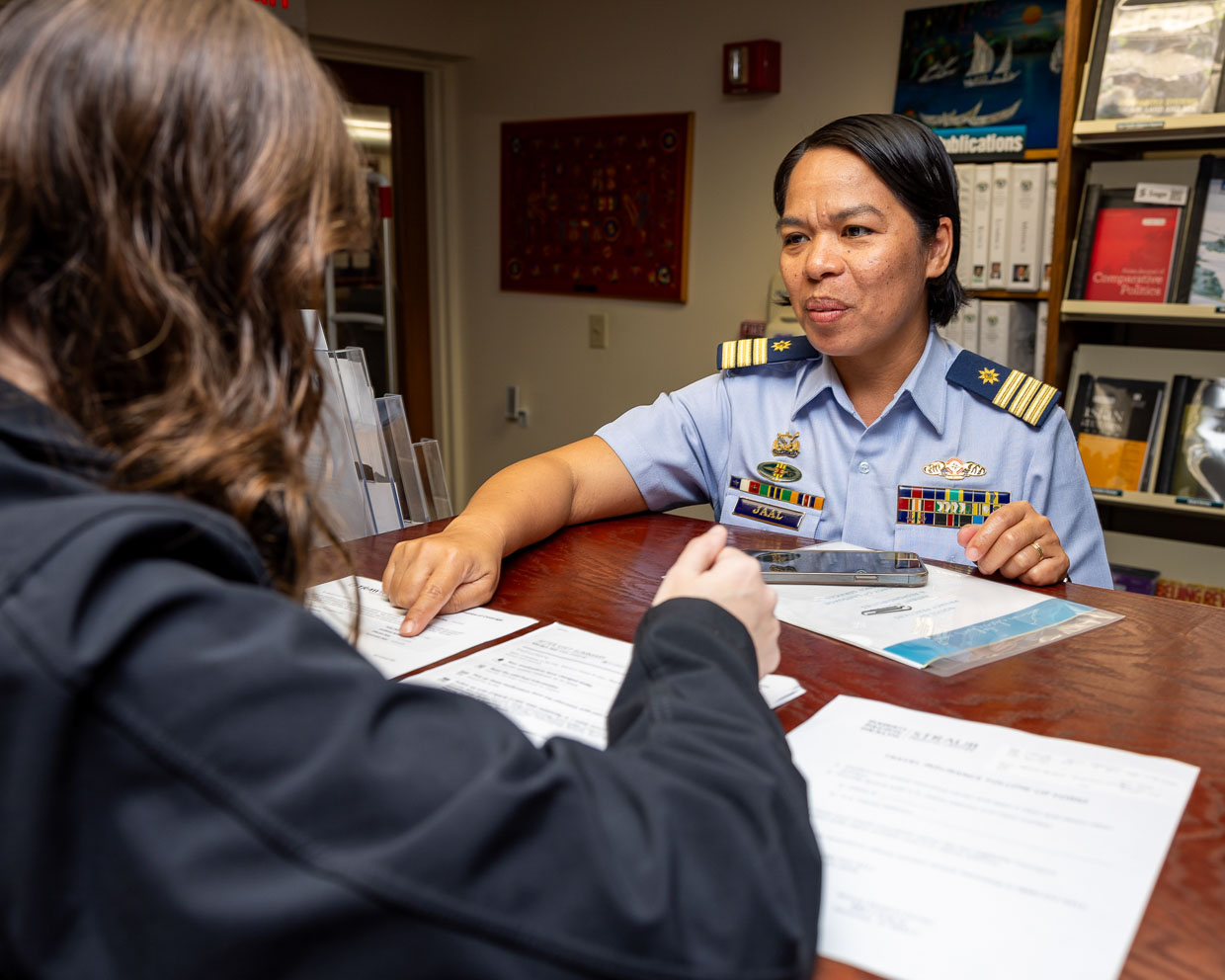
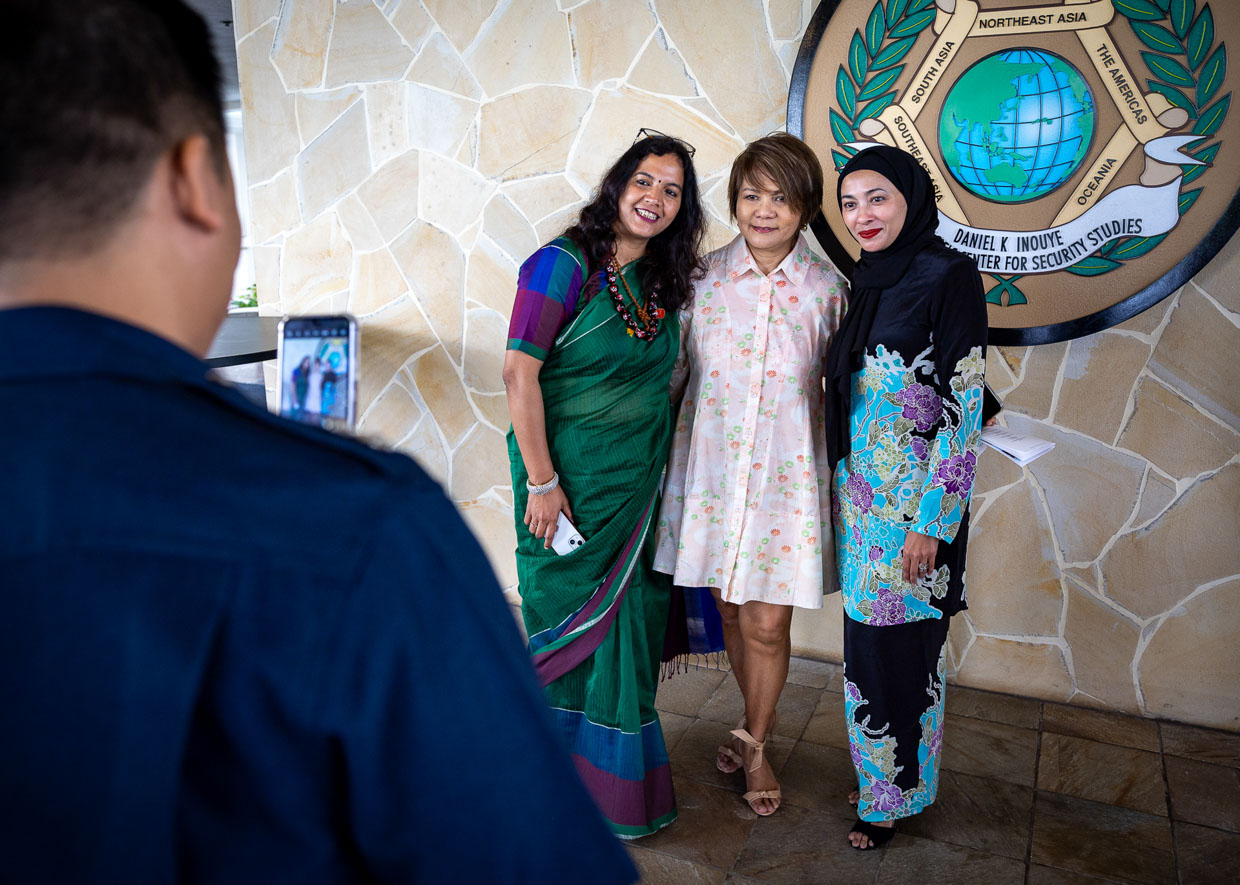
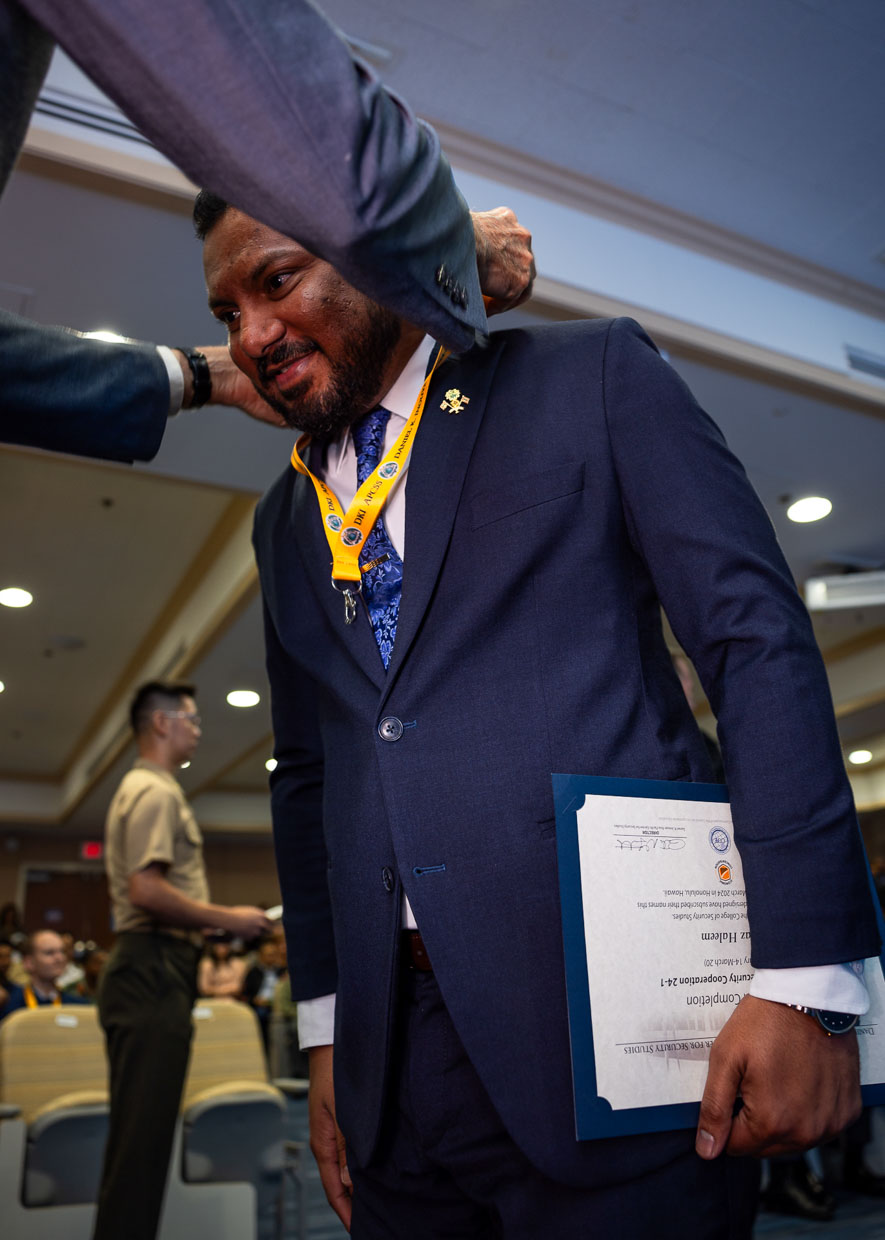

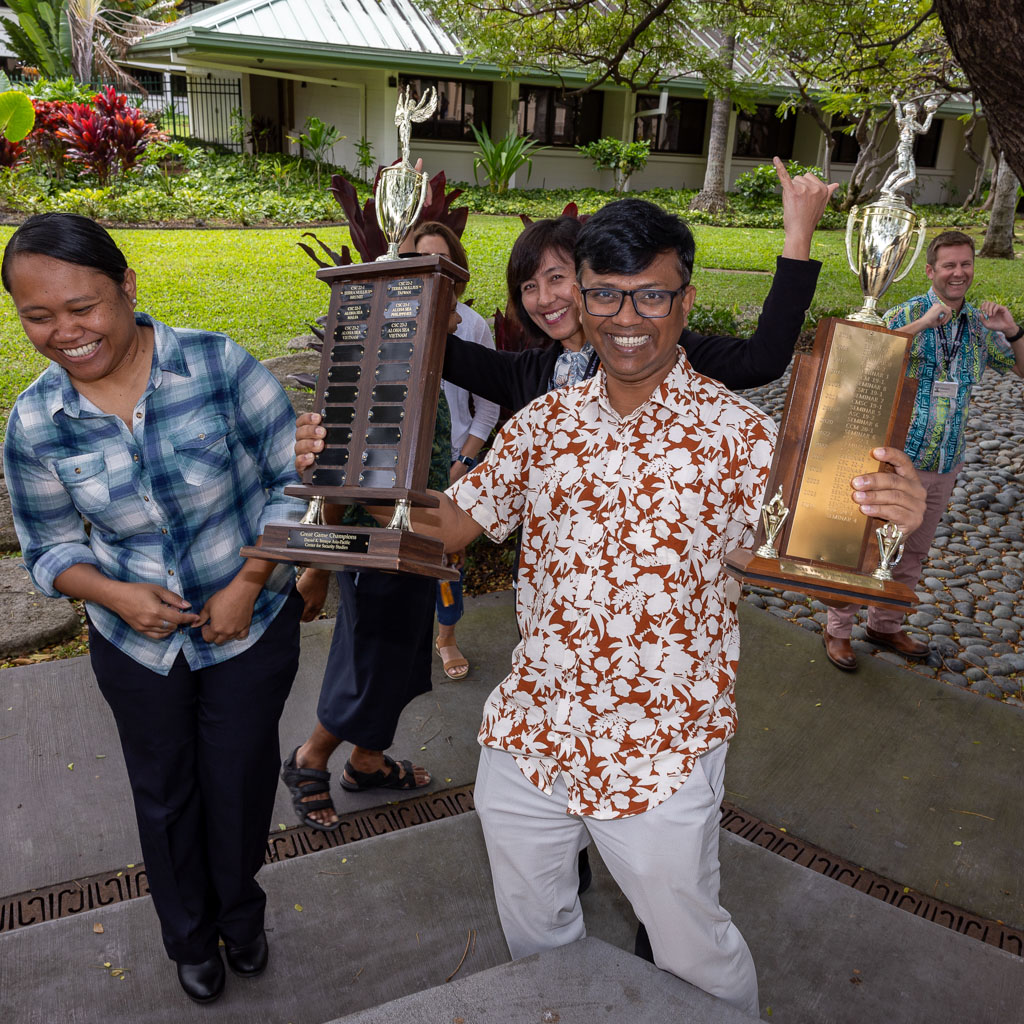
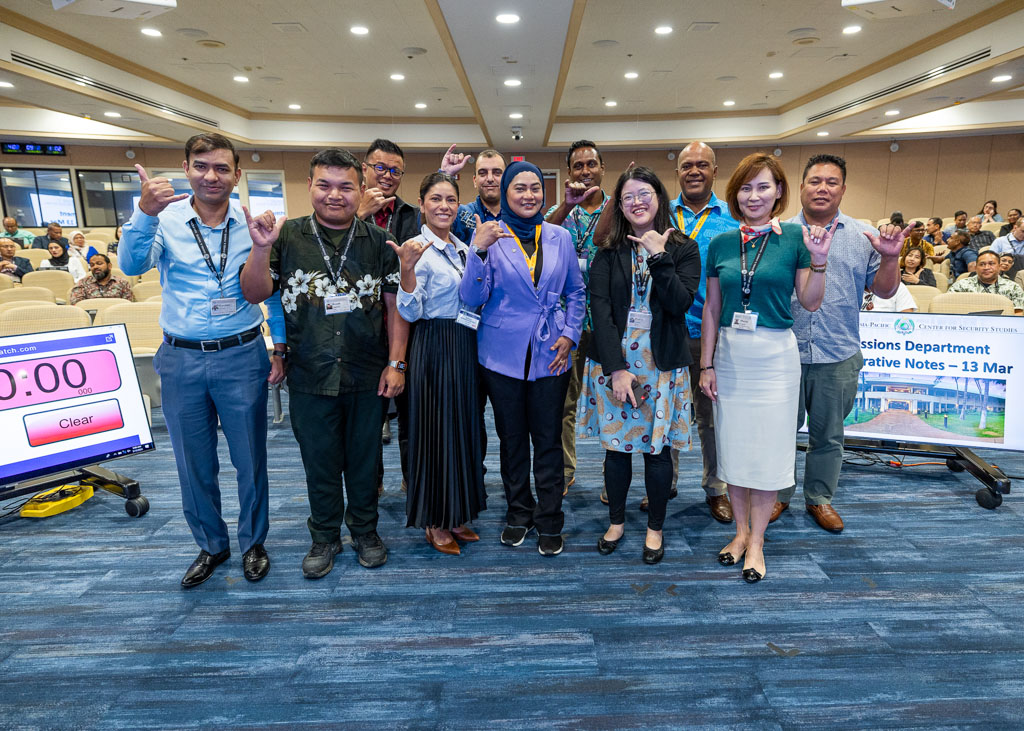
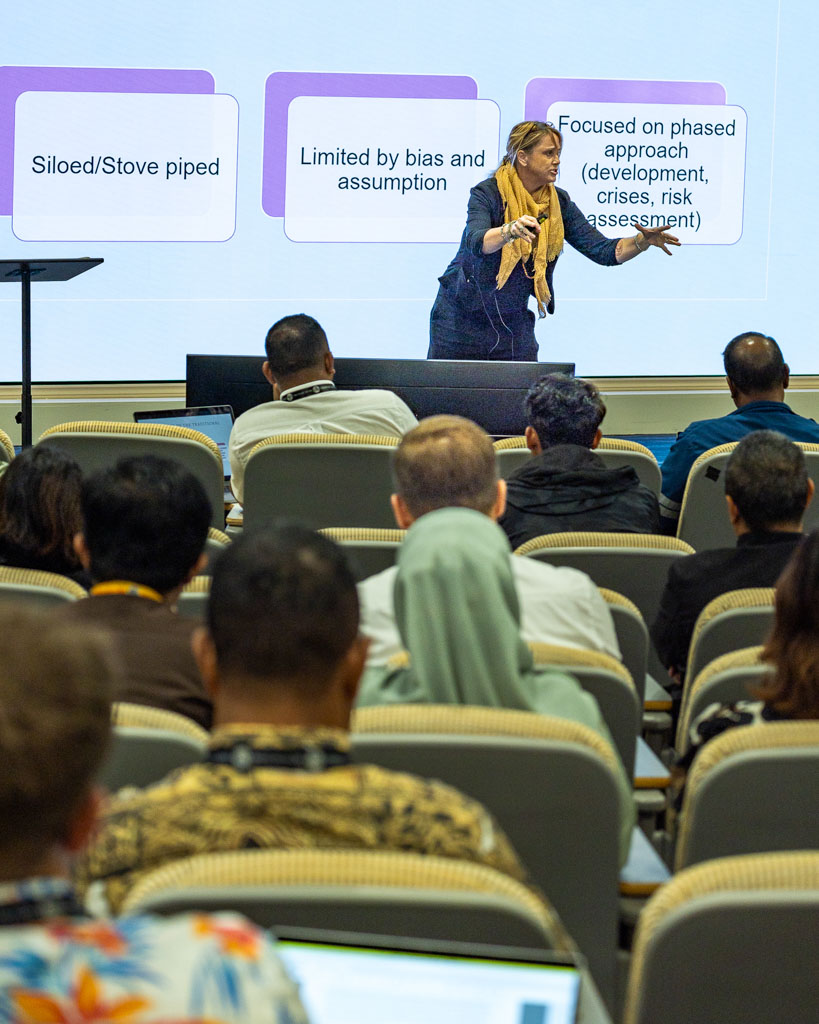
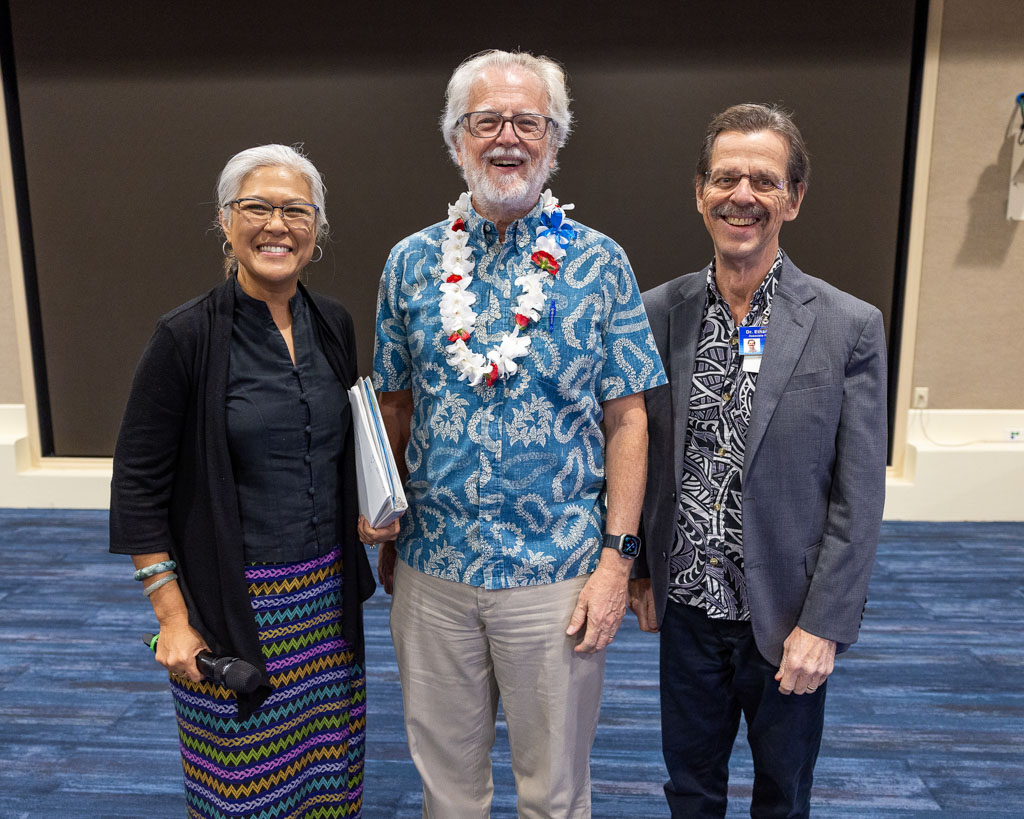
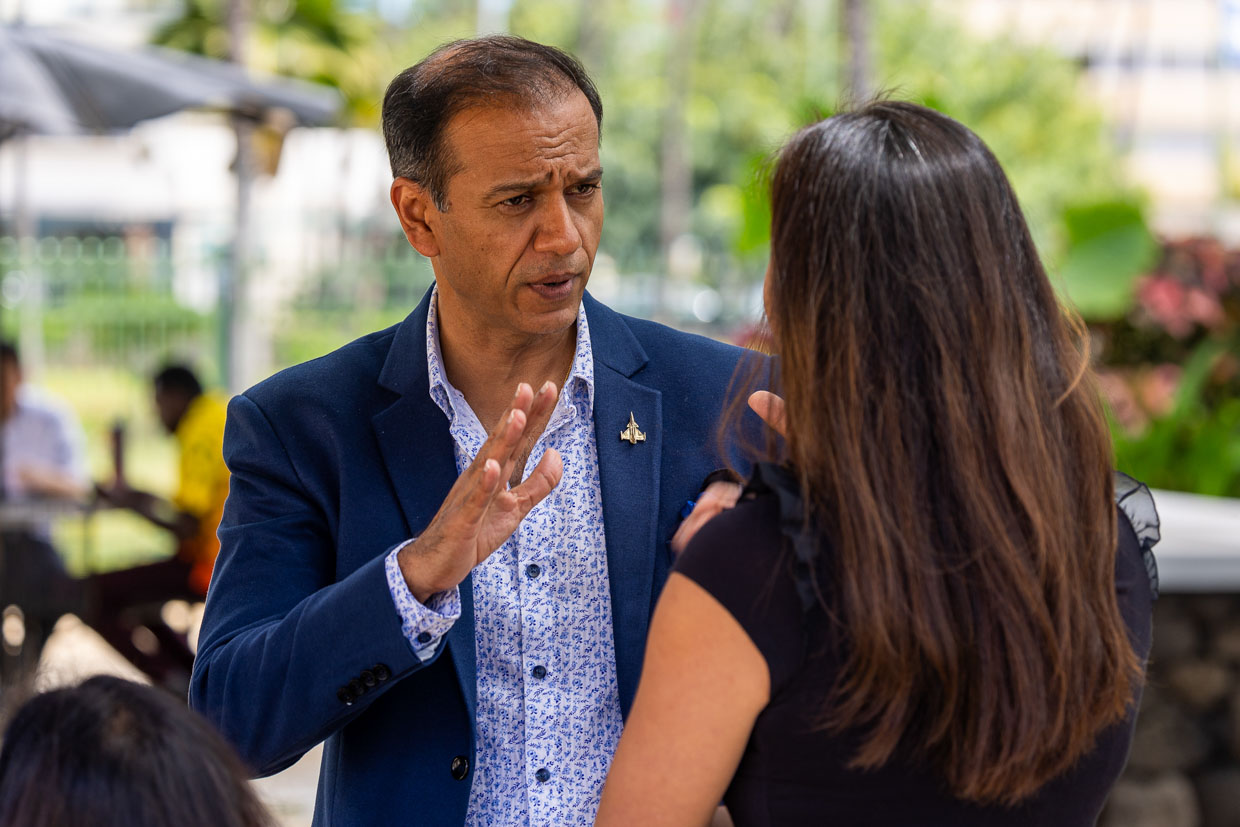

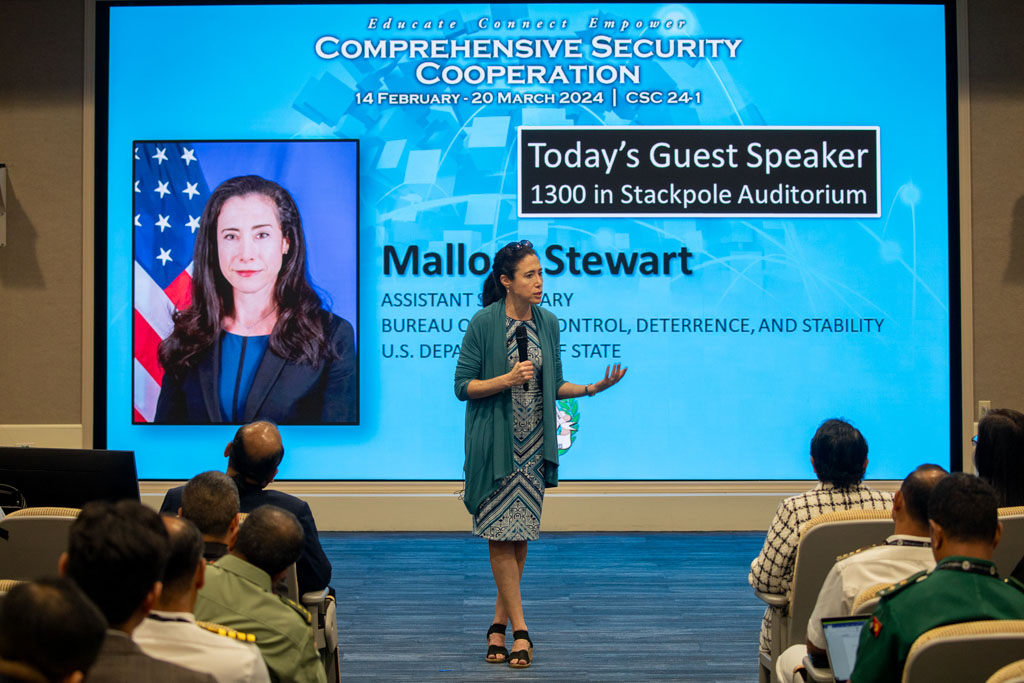

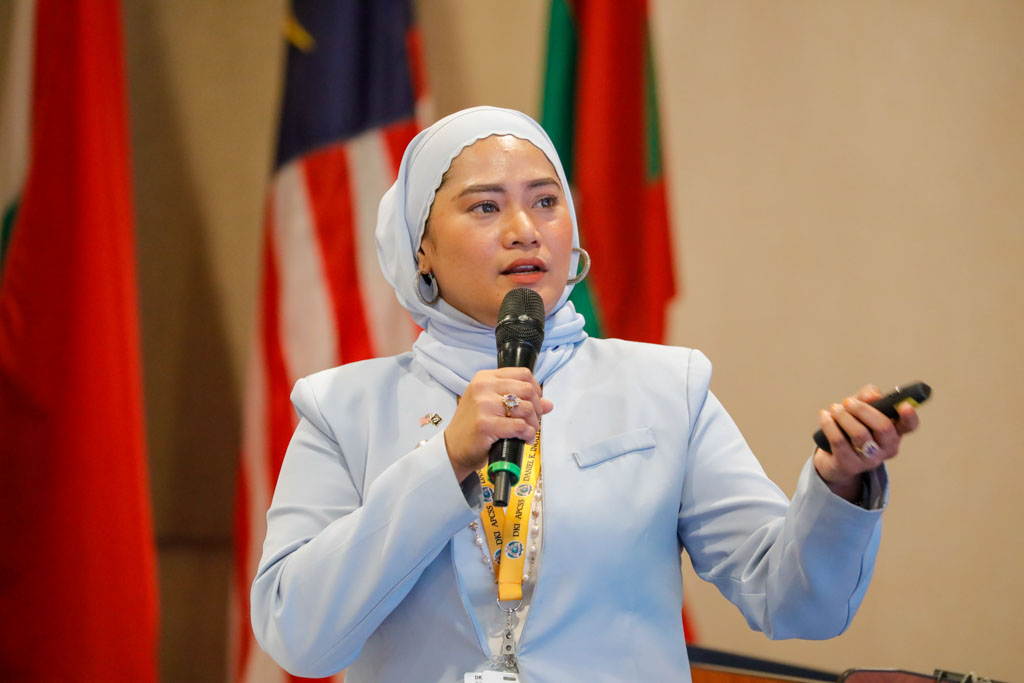
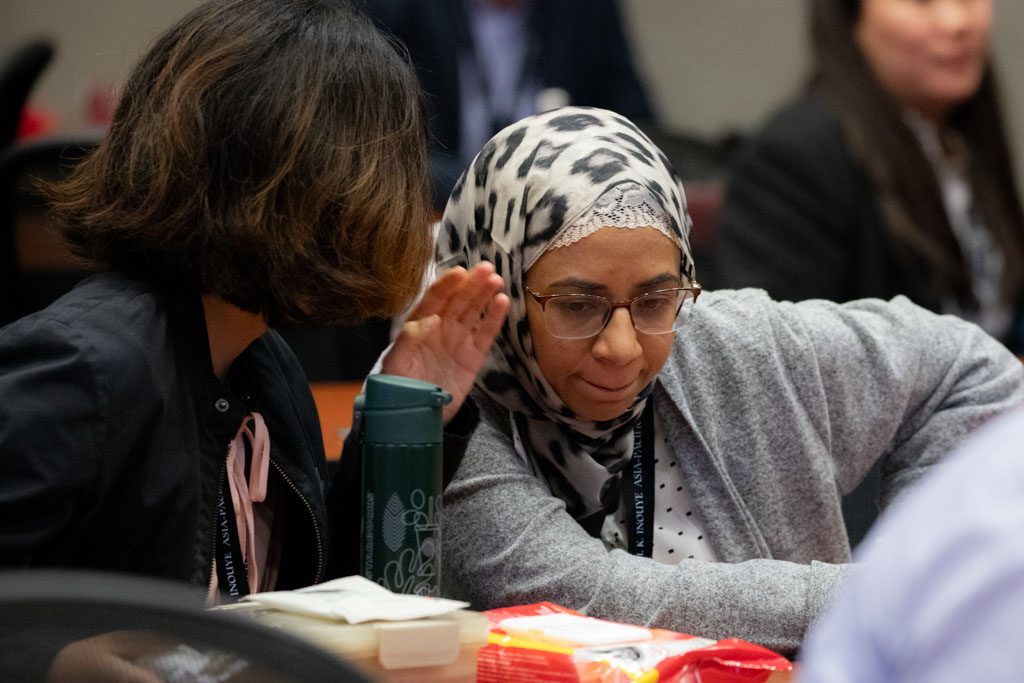

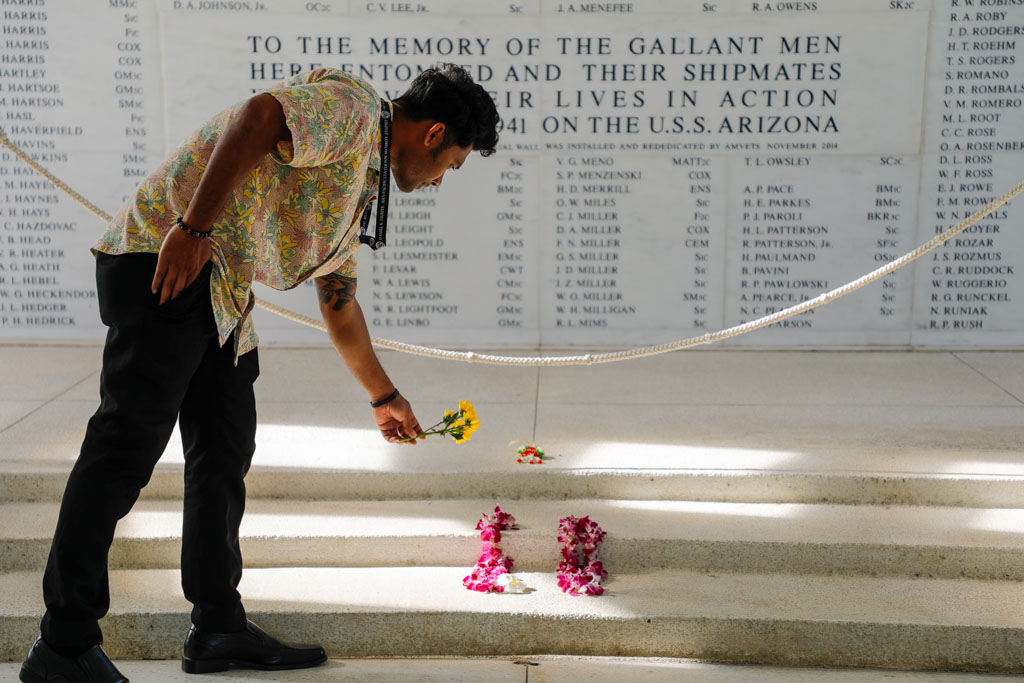
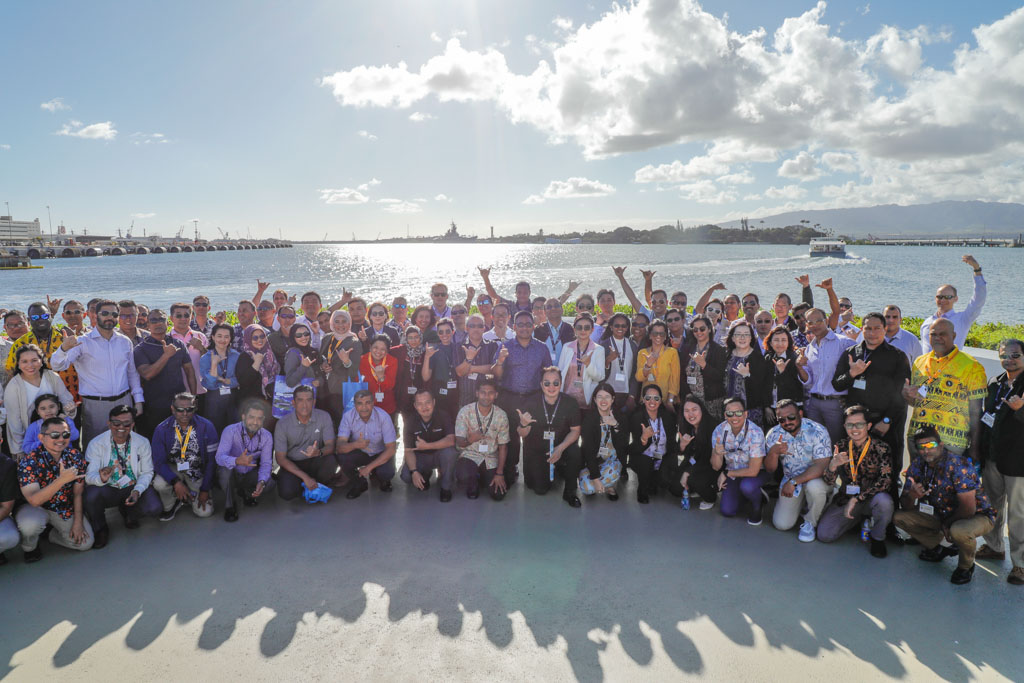

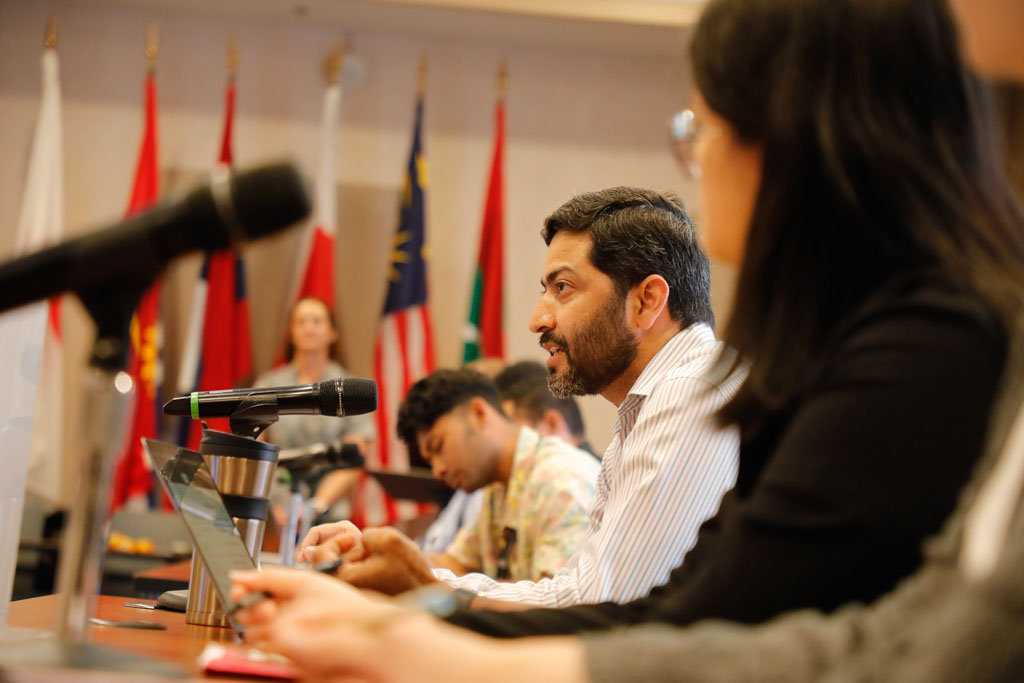
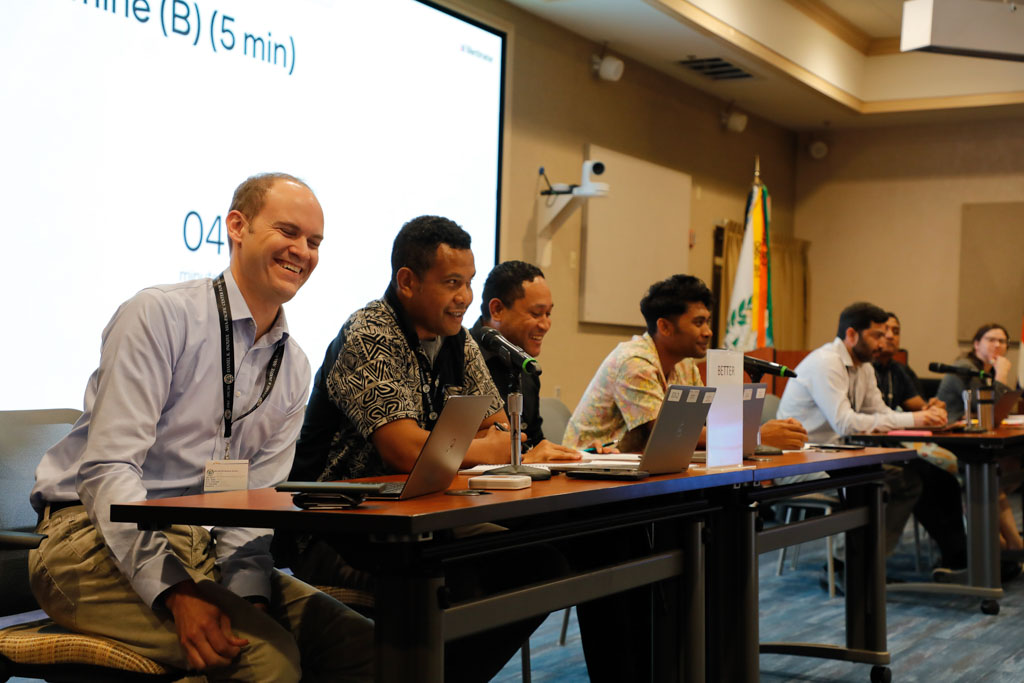
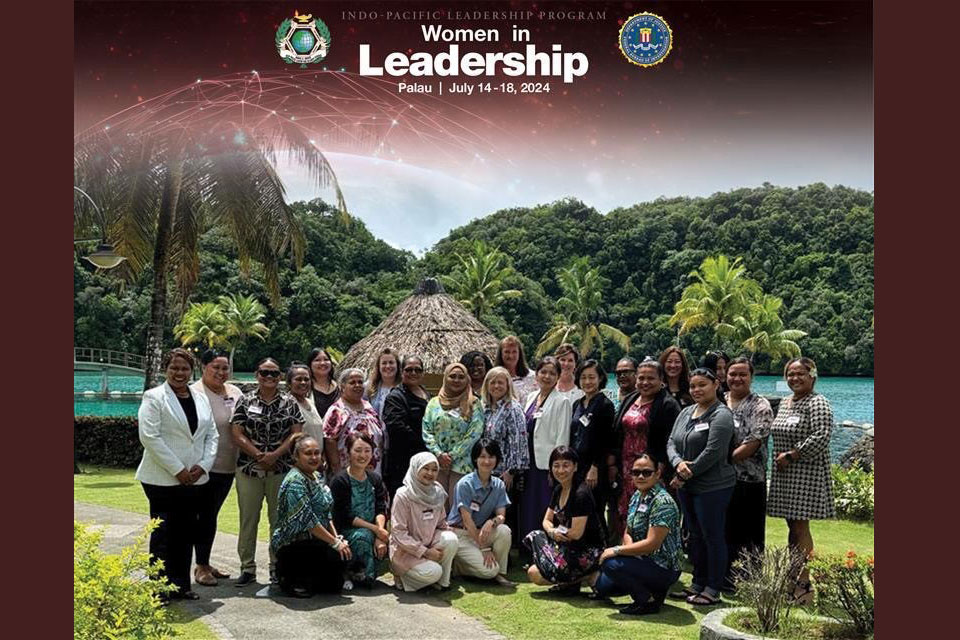
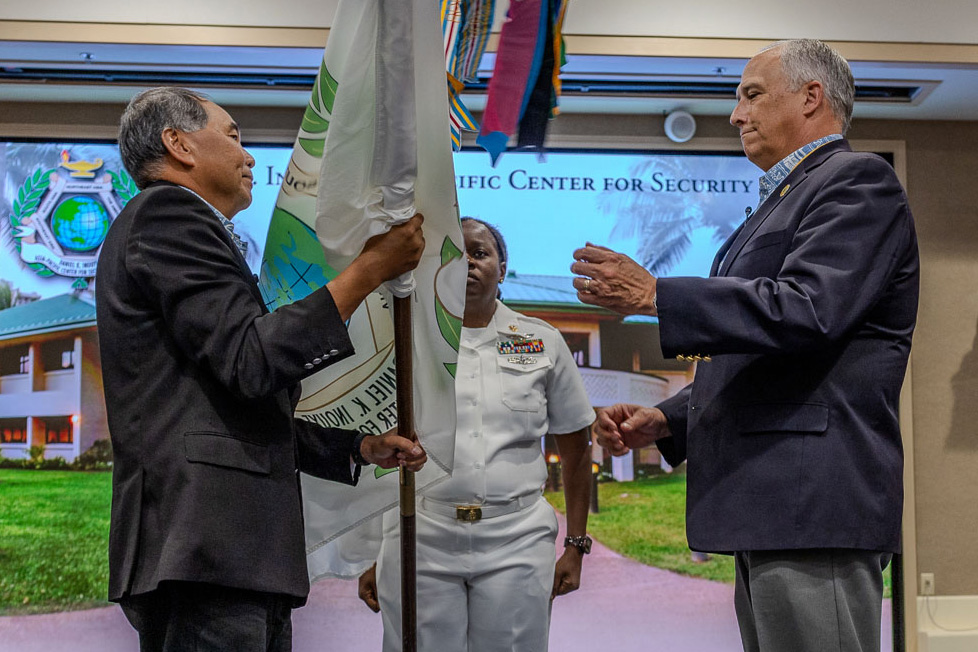
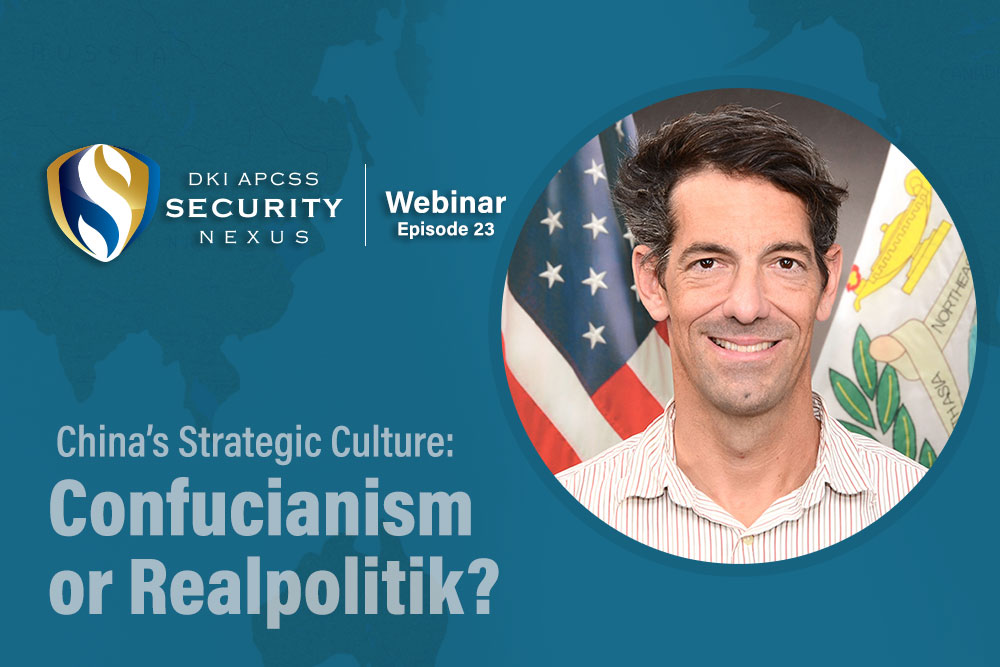




Dear sir,
I had attended APCSS course 16(1) which was an extra ordinary exposure and facilitated interaction with participants from across the globe. I still relish the great memories of the time spent at Honolulu. Since attending the course I held several posts in the Indian Air Force which included as Commandant of the Indian Air Force Academy. My final assignment was that of Air Officer Commanding – in – Chief of the IAF Training Command responsible for entire training. I retired on 30 Sep 2020. Presently I am the President of the Rotary Wing Society of India, a Not-for-Profit organisation, assisting in promoting the helicopter and drone industry and working towards refining the aviation policies.